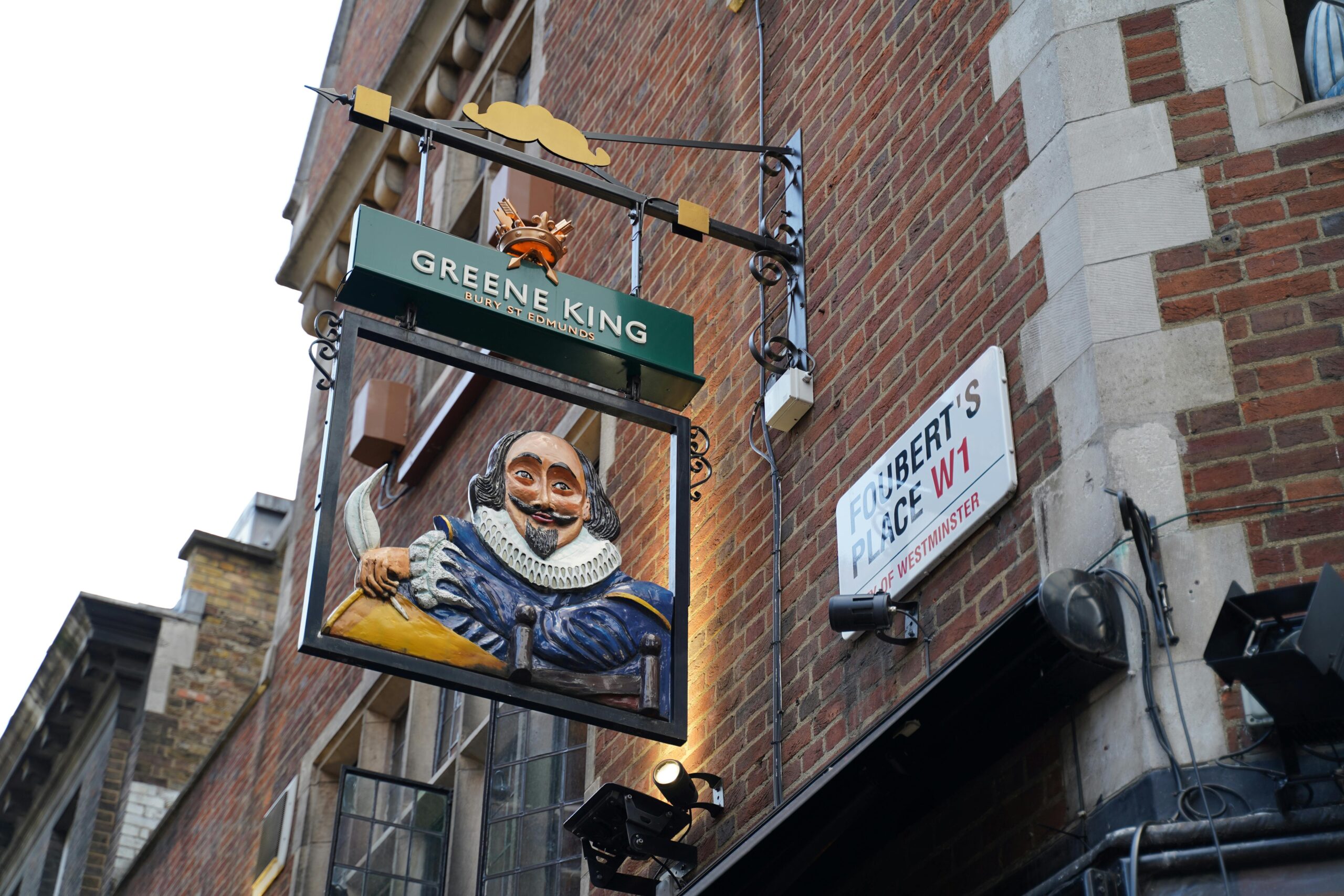
Shakespeare phrases that we use today
In present day English we still use phrases that Shakespeare first wrote over 400 years ago. So, you could be quoting the great bard without even knowing it!
Who was Shakespeare? William Shakespeare was a renowned English playwright, poet and actor born in 1564 in Stratford-upon-Avon. Lexicographers credit him with the introduction or invention of over 1,700 words in the English language and his works provided the first ever recorded usage of these words.
Commonly used phrases in English
Here we take a look at just a small sample of phrases that we commonly use today with some example sentences so you can get an idea of how to use them.
We have seen better days – this typically refers to something that is worn out or in poor condition. It is not as new or as good as it once was.
‘The tweed jacket she wore had seen better days.‘
Too much of a good thing – something beneficial or enjoyable which over time or in large quantities becomes bothersome or harmful.
‘The indoor decorations are fine but with the giant Rudolf, Santa, sled and all the gnomes is too much of a good thing!‘
Neither rhyme nor reason – there seems to be no logical reason for it to happen or be done.
‘Council money was given out to some people and not others, apparently with no rhyme nor reason.‘
I have not slept one wink – you’ve had so little sleep that your eye didn’t even close once!
‘I didn’t sleep a wink thinking about it.’
Cruel to be kind – to cause someone pain for his or her own good.
‘ I told her she’s just not good enough to be a professional dancer – sometimes you have to be cruel to be kind.‘
The be-all and end-all – the ultimate aim or justification.
‘His work was the be-all and end-all of his existence.’
Foregone conclusion – a result that is obvious to everyone even before it happens.
‘The result of that debate was a foregone conclusion.‘
Wear my heart upon my sleeve – to be open about your feelings rather than hiding them.
‘I can tell Sarah is upset, she wears her heart on her sleeve.‘
Wild-goose chase – an absurd or wild search for something unobtainable or nonexistent.
‘The search turned out to be a wild-goose chase.‘
Melted into thin air – something has disappeared completely and gradually, usually in a mysterious way.
‘My keys seem to have melted (or ‘vanished’) into thin air!‘
Using Shakespeare in your everyday English
I hope you have seen a few different phrases that you might be able to use in your everyday English. Of course it can be a bit challenging knowing when you can use them. Give it a go, native speakers will always be impressed even if you don’t get it quite right!
If you would like to hear a few more phrases still in use today then check our podcast episode on this subject too.
